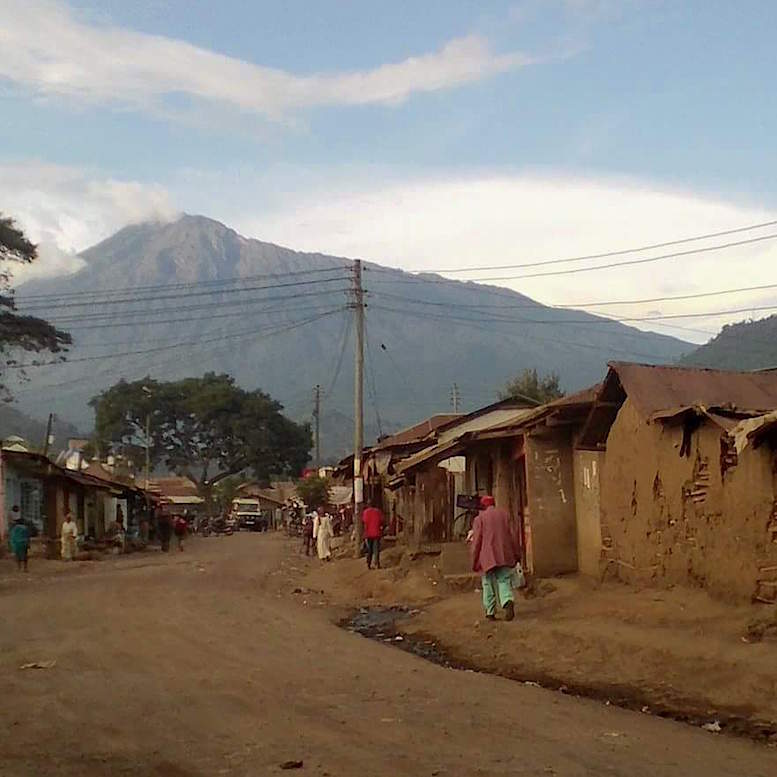
Kijenge is a mixed-ethnicity urban slum in Arusha, Tanzania. The people of Kijenge live in severe precarity. Faced with high levels of food insecurity, scarce opportunities for permanent employment, and a lack of capital to buffer their families against economic shocks, the people of Kijenge must cooperate to survive. To cope with these risks, they rely on cooperation or shiriki, a Swahili word which could be translated alternatively as “participate” or “share.” HGP team member Brighid McCarthy is investigating how this system of generosity works in the everyday lives of Kijenge residents. Shirki means helping others when they are in need, and the decision to do so can be beneficial for the donor as well as the recipient. As one resident noted, “Even if you give 100 shillings [50¢ US] when they have a problem, they can give you much more if you need it.” Another explained, “We give to those who feel pain at the pain of others.”
▸ Back to Field Work
